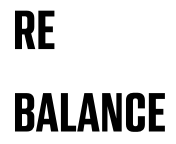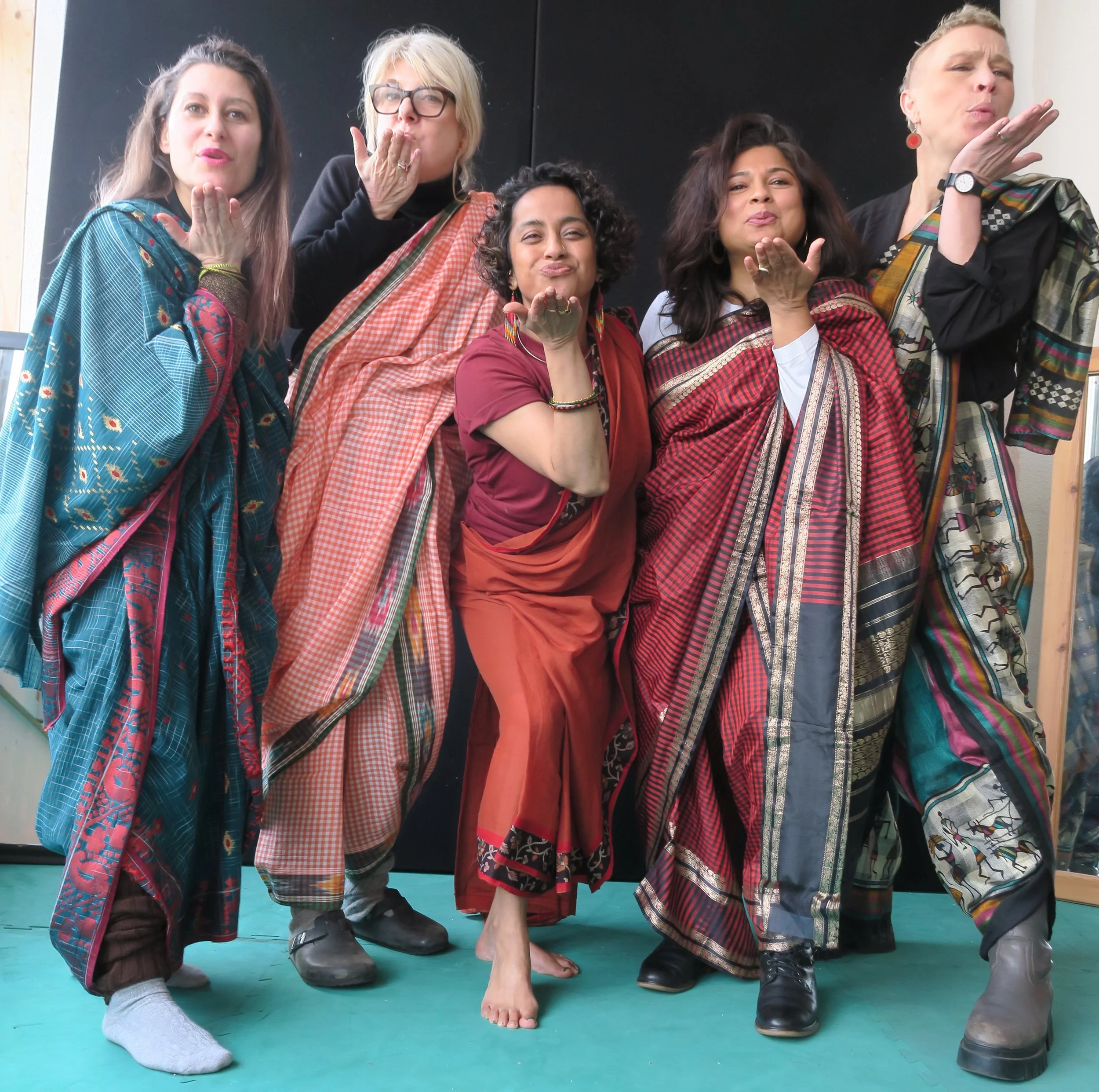Self Love Festival
On the 27th January 2024, we delivered a bespoke Funshop to the Orange Collective; a community of arts and mental health practitioners. The afternoon involved learning about saree weaves and playing around with different drapes.
It was an honour for us to support the Orange Collective and their ethos of improving mental health through creative engagement and community. The afternoon was relaxed and intimate, allowing us to really explore what self-expression and identity looks like for us.
Our Approach…
The Women of Colour Brighton group is a community network with over 1500 members in Brighton and beyond. The group has existed for over seven years and is run by volunteers who are committed to creating an open space for women of colour to connect with one another and feel empowered to embrace their cultural identities.
Women of colour in the UK often experience discrimination in their everyday lives. The Fawcett Society found that in 2022, 75% of women of colour experienced racism at work, and 61% of women felt a pressure to ‘change’ themselves to fit-in at work - changing things like the language they use, their hairstyles or clothes, or even their name.
Events like the Women of Colour group’s Self Love Festival are an important act of resistance to these forms of discrimination. By providing a space for women of colour to be themselves and inspire self-appreciation and self-worth, they challenge the notion that women have to alter themselves to grow in their career and in their personal lives.
We were honoured to play a part in encouraging women to embrace their cultural identities and heritage. The saree is a visual representation of South Asian women and is worn by millions around the world, but many South Asian women in the UK fear wearing a saree in public due to discrimination and negative stereotyping. We wanted the Funshops to be a celebration of the saree and try to challenge some of the negative thinking associated with sarees for our attendees.
care agreement / initial discussion
The funshops both began when all the attendees had arrived and we took seats in a circle arrangement. Everybody introduced themselves and answered the question, ‘what brought you here today?’. There were a wide range of answers; some people wanted to learn more about sarees and experience wearing one, other people wanted to grow their connection to their cultural heritage through dress.
Poppy, the Funshop instructor, walked the group through a ‘Care Agreement’, wherein she explained what was and wasn’t acceptable during the Funshop to create a non-threatening environment that inspired honesty and vulnerability.
This was followed by a group discussion about the history and context of the saree. It was illuminating to hear how our participants viewed themselves in relation to the saree; some people felt it was something bigger than them, that they felt perhaps intimidated by it even though they were curious about it. Many of the attendees were Asian-British, some of whom had grown up seeing the saree but never wearing one themselves. One person reflected that they felt some shame around their disconnect to their culture, and wanted to reignite their sense of belonging to their heritage.
Being of mixed heritage can often lead to a feeling of disconnection from culture, which for some people is upsetting and causes confusion about self-identity. We wanted to recognise the validity of these feelings, and look at ways that we can embrace all aspects of our identity in a way that felt authentic.
In the afternoon session, several participants raised the point that they came to the funshop because of their belief that clothes are an integral aspect of self expression. We were fascinated to hear our participants’ experiences of wearing clothes demonstrating their culture and political beliefs, such as donning kilts as an act of national pride and participating in the ‘Women in Black’ movement to show solidarity with women oppressed by global violence.
We also spoke about the differences between cultural appropriation and cultural appreciation, and how people outside of the South Asian identity can also embrace the saree and not let the art of draping die out, in a respectful and informed manner.


